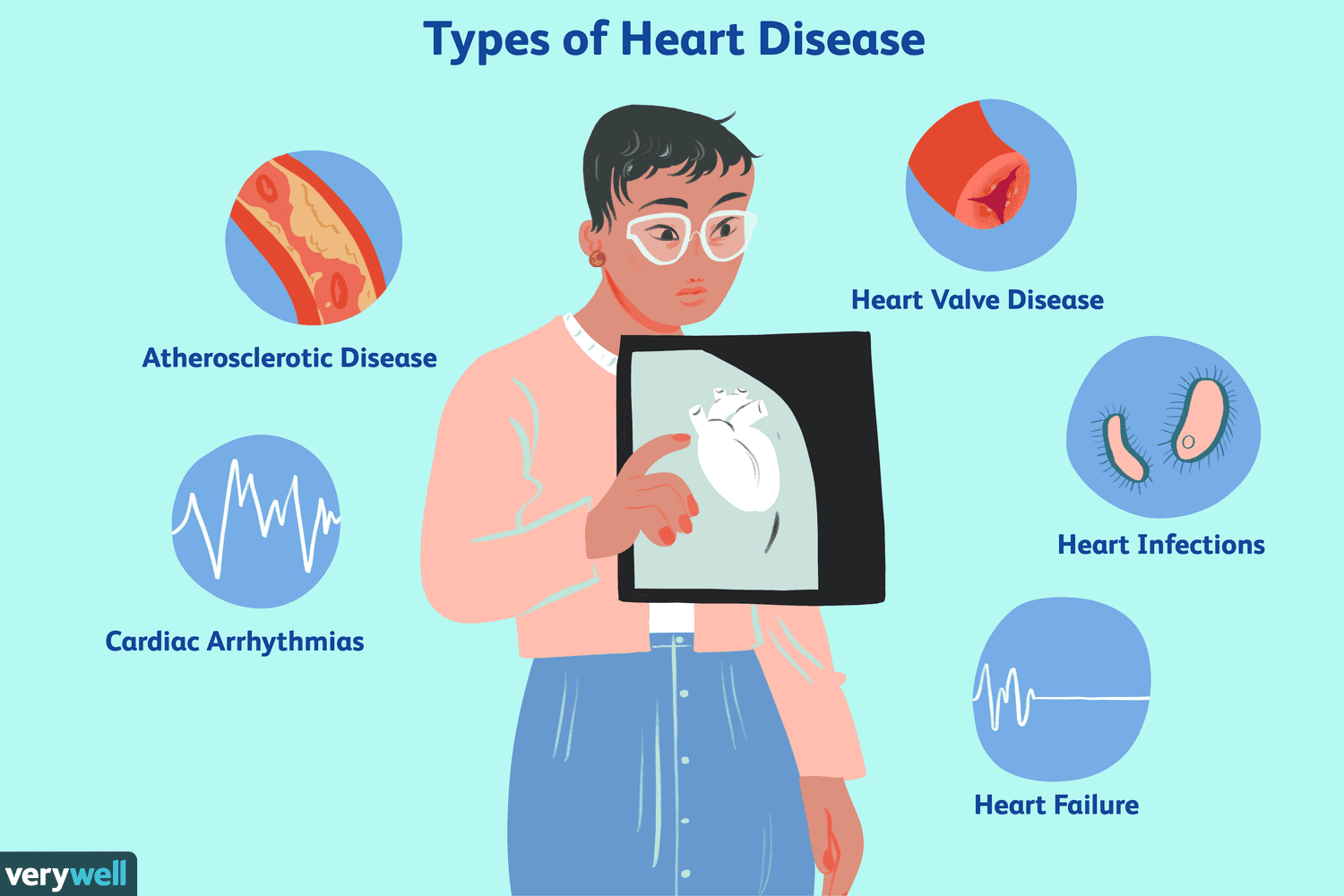A client with a family history of cardiac disease is seeking information to control risk factors. Which lifestyle modification is most important for the nurse to encourage?
Regular exercise.
Stress reduction.
Smoking cessation.
Low-fat diet.
The Correct Answer is C
Choice A Reason: This is incorrect because regular exercise is a beneficial lifestyle modification for preventing and managing cardiac disease, but it is not the most important one. Smoking cessation has a greater impact on reducing the risk of cardiovascular events and mortality.
Choice B Reason: This is incorrect because stress reduction is a helpful lifestyle modification for preventing and managing cardiac disease, but it is not the most important one. Smoking cessation has a more direct effect on improving the function and structure of the blood vessels and heart.
Choice C Reason: This is correct because smoking cessation is the most important lifestyle modification for preventing and managing cardiac disease, as smoking is a major modifiable risk factor that can cause atherosclerosis, hypertension, arrhythmias, thrombosis, and myocardial infarction.
Choice D Reason: This is incorrect because a low-fat diet is a useful lifestyle modification for preventing and managing cardiac disease, but it is not the most important one. Smoking cessation has a stronger influence on lowering the levels of cholesterol and inflammation in the blood.

Nursing Test Bank
Naxlex Comprehensive Predictor Exams
Related Questions
Correct Answer is D
Explanation
Choice A: Request a family member to remain with the client is not the best intervention because it may compromise the confidentiality and accuracy of the assessment. The family member may not be able to translate correctly or may influence the client’s responses.
Choice B: Ask for the support of one of the client’s friends is not the best intervention because it may also violate the privacy and validity of the assessment. The friend may not be qualified or willing to translate or may have a conflict of interest with the client.
Choice C: Use drawings that are universal for all cultures is not the best intervention because it may not be sufficient or appropriate for the assessment. Drawings may not convey all the information needed or may be misinterpreted by the client.
Choice D: Obtain a staff member who is a bilingual interpreter is the best intervention because it facilitates the communication and understanding between the nurse and the client. The interpreter should be trained and certified in medical terminology and cultural sensitivity.
Correct Answer is D
Explanation
Choice A Reason: This is incorrect because positioning the head with the chin tilted slightly downward can help prevent aspiration by closing the airway and directing food to the back of the throat.
Choice B Reason: This is incorrect because raising the head of the bed to 60 degrees can help prevent aspiration by using gravity to keep food in the stomach and away from the lungs.
Choice C Reason: This is incorrect because placing food on the unaffected side of the mouth can help prevent aspiration by stimulating the intact nerves and muscles that control swallowing.
Choice D Reason: This is correct because allowing 30 minutes of rest before feeding can increase the risk of aspiration by reducing the client's alertness and coordination. The UAP should feed the client when he or she is awake and responsive.
Whether you are a student looking to ace your exams or a practicing nurse seeking to enhance your expertise , our nursing education contents will empower you with the confidence and competence to make a difference in the lives of patients and become a respected leader in the healthcare field.
Visit Naxlex, invest in your future and unlock endless possibilities with our unparalleled nursing education contents today
Report Wrong Answer on the Current Question
Do you disagree with the answer? If yes, what is your expected answer? Explain.
Kindly be descriptive with the issue you are facing.
